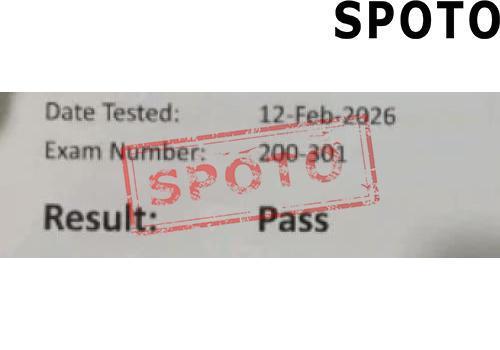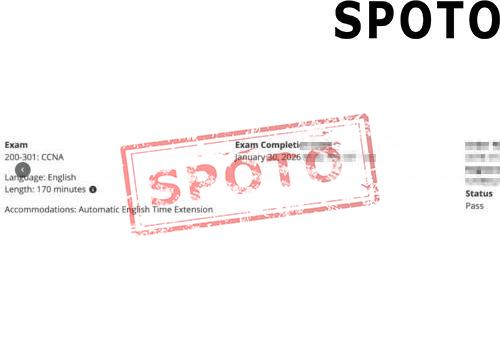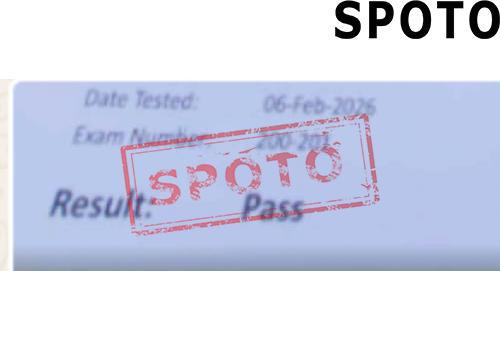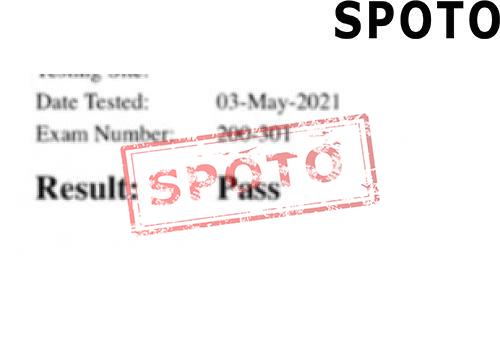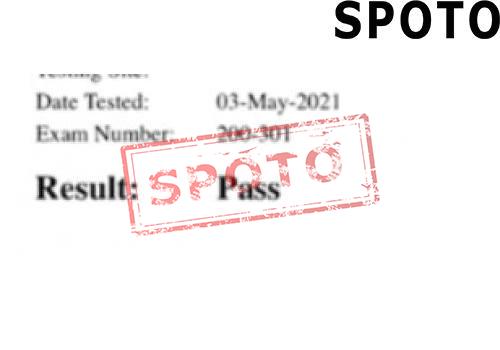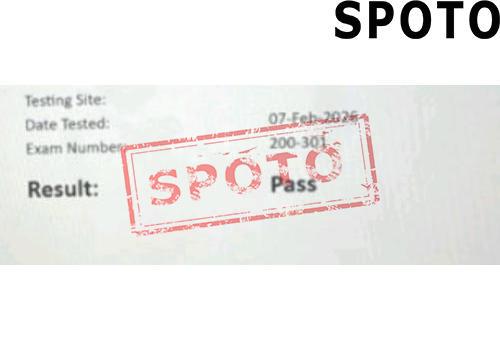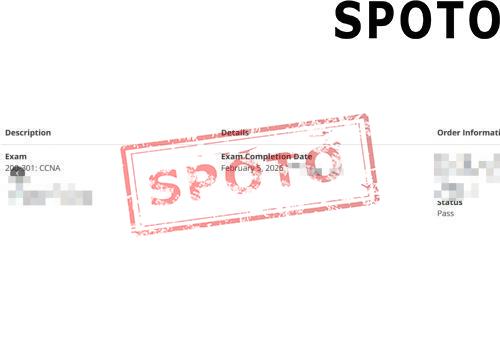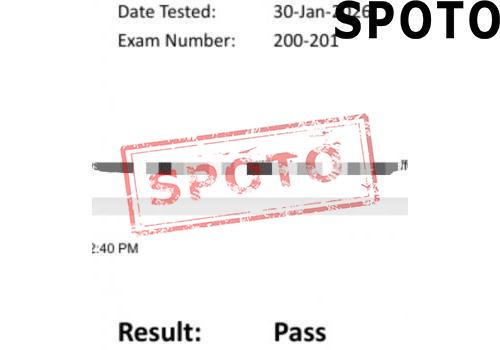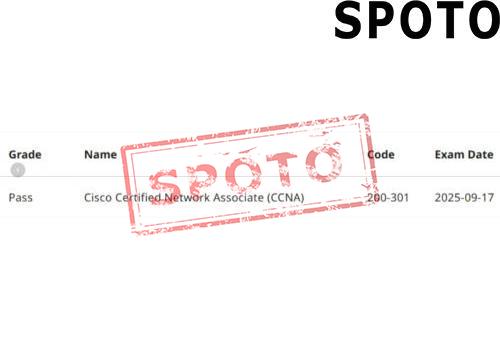
The Cisco Certified Network Associate (CCNA) certification is widely regarded as a gateway to networking expertise, but many aspiring professionals wonder: Is it possible to complete the CCNA preparation in just one month? While the challenge is significant, it is indeed achievable under certain conditions, such as having prior knowledge, dedicating substantial study hours, and leveraging high-quality resources. Let's break down the feasibility, requirements, and strategies for completing CCNA preparation in one month.
Assessing Your Starting Point
-
Do You Have Prior Knowledge?
- If you already have experience with networking basics like IP addressing, subnetting, and router configurations, you're at an advantage. Familiarity with these concepts can significantly reduce your preparation time.
- For beginners, compressing the study timeline to one month will require extra effort to grasp foundational concepts before moving to advanced topics.
-
Time Availability
- Full-Time Learners: If you can dedicate 6–8 hours daily, completing CCNA preparation in a month is realistic.
- Working Professionals: Balancing a full-time job and study can be challenging. You'll need to optimize evenings and weekends, dedicating at least 3–5 hours daily.
Key Topics to Master
To excel in the CCNA exam within a month, focusing on the most essential topics is critical. Here's what you need to prioritize:
-
Networking Basics
Understanding the core principles of networking is foundational. This includes the OSI and TCP/IP models, how data moves across networks, and basic Ethernet concepts. Additionally, mastering IP addressing and subnetting is vital, as they form the backbone of many networking operations. -
Switching and VLANs
Dive deep into how switches function, covering topics like VLAN configurations, trunking, and spanning-tree protocols. These concepts are pivotal for managing and segmenting network traffic efficiently. -
Routing Protocols
Learn static and dynamic routing, focusing on protocols like OSPF and EIGRP. Understanding how routers determine the best path for data is crucial for real-world network design and troubleshooting. -
Network Security Fundamentals
Gain a strong grasp of basic security concepts, including how to implement Access Control Lists (ACLs) and secure network devices. Recognizing potential vulnerabilities and applying fundamental protections are critical skills. -
Wireless Networking
Study wireless fundamentals, including WLAN architecture, wireless standards (like 802.11), and basic configurations. This knowledge is essential as wireless networks are a cornerstone of modern IT infrastructures. -
Automation and Programmability
Familiarize yourself with the basics of network automation using Python and APIs. Learn how programmability tools simplify network management and support scalability.
Creating a 1-Month Study Plan
Week 1:
- Focus on networking fundamentals: OSI model, IP addressing, and subnetting.
- Use Cisco's official CCNA study guide and online tutorials for foundational topics.
- Practice subnetting daily until you're confident.
Week 2:
- Dive into routing and switching: VLANs, inter-VLAN routing, and OSPF configurations.
- Use Cisco Packet Tracer or GNS3 to simulate hands-on configurations.
- Watch video tutorials to reinforce theoretical concepts.
Week 3:
- Study network security, automation, and wireless networking basics.
- Perform practical exercises, like setting up ACLs and configuring basic security settings on routers and switches.
- Take topic-specific quizzes to test your understanding.
Week 4:
- Focus on full-length practice exams and mock tests.
- Identify weak areas and revisit challenging topics.
- Simulate the exam environment to improve time management and confidence.
Tips to Maximize Your Study Efforts
-
Leverage Quality Resources
- Cisco's official CCNA study guide
- Video tutorials from platforms like Udemy or CBT Nuggets
- Practice labs with Cisco Packet Tracer or SPOTO virtual labs
-
Prioritize Hands-On Practice
The CCNA emphasizes practical knowledge. Dedicate time to configuring devices, troubleshooting, and implementing networks in a lab environment.
-
Join Online Communities
Engage with peers in forums like Cisco Learning Network or Reddit's r/ccna for support, tips, and resource recommendations.
-
Focus on Weak Areas
Subnetting, routing protocols, and automation are common stumbling blocks. Spend extra time mastering these topics.
-
Simulate the Exam Environment
Practice full-length exams in a timed setting to build confidence and improve accuracy.
Challenges to Expect and How to Overcome Them
-
Overwhelming Content
- Break topics into manageable sections and tackle them sequentially.
- Avoid cramming; focus on understanding concepts deeply.
-
Time Management
- Use tools like a study calendar or productivity apps to stay on track.
- Set daily goals and avoid distractions.
-
Staying Motivated
- Celebrate small milestones to maintain momentum.
- Study with a peer or join a study group for accountability.
Can You Pass CCNA in a Month?
Passing the CCNA in one month is challenging but feasible with a focused and disciplined approach. Your success largely depends on your prior knowledge, the time you can commit, and the quality of study materials. While the compressed timeline can be intense, the payoff is well worth it, as the CCNA certification opens doors to a rewarding career in networking.
